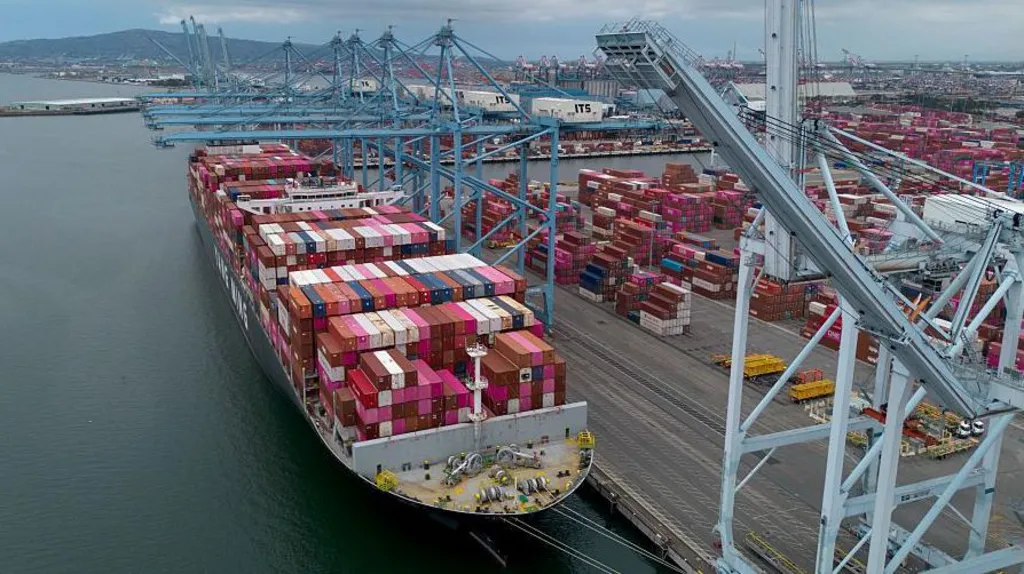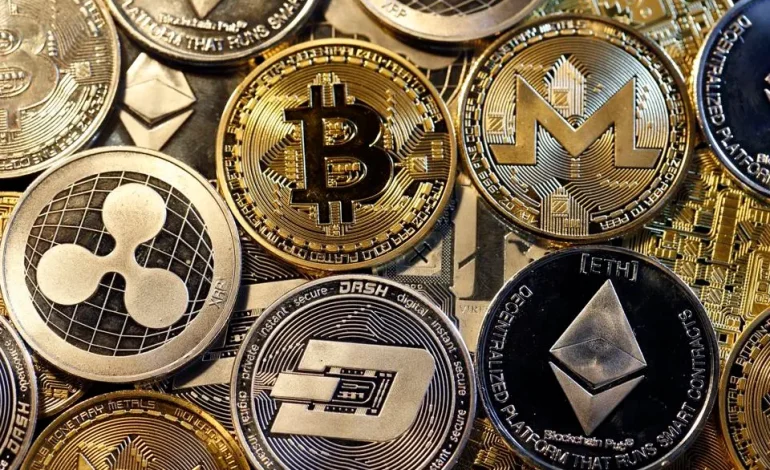The concept of a Strategic Bitcoin Reserve has raised questions about the role of cryptocurrencies as money and the practicality of government stockpiling digital assets, Forbes reports.
While traditional reserves, such as the Strategic Petroleum Reserve, store physical commodities, a reserve of digital assets presents unique challenges.
Reserves typically exist to provide stability in times of crisis. In the case of oil, the idea is that the government can release supplies when needed to stabilize markets. However, critics argue that oil, as a globally traded commodity, remains available regardless of national reserves. The same logic applies to cryptocurrencies, which exist in a decentralized and borderless digital marketplace. Because they are accessible worldwide at market-driven prices, a government stockpile of digital assets may not serve a strategic purpose.
Additionally, money functions as a stable medium of exchange, reflecting the value of goods and services within an economy. Cryptocurrencies, by contrast, have exhibited high volatility, making them unpredictable as an exchange medium. If the price of Bitcoin or other digital assets fluctuates significantly, it challenges their ability to act as a reliable store of value.
One justification for a Strategic Bitcoin Reserve is the potential for the government to profit from digital assets that have been confiscated in criminal investigations. Bitcoin’s scarcity—limited to 21 million coins—has fueled speculation about long-term price increases. However, critics argue that government investment in speculative assets is risky and could expose taxpayers to financial losses.
Even if Bitcoin’s value increases over time, the mere fact that its price is subject to speculation contradicts the fundamental role of money. True currency remains stable so that individuals and businesses can confidently exchange goods and services without concerns over price fluctuations. The government’s involvement in storing and potentially trading digital assets blurs the lines between financial regulation and market speculation.










The latest news in your social feeds
Subscribe to our social media platforms to stay tuned